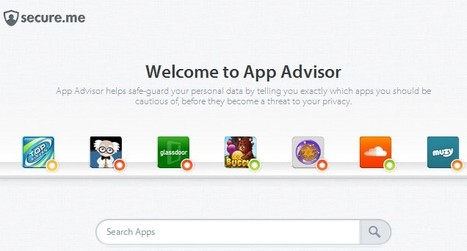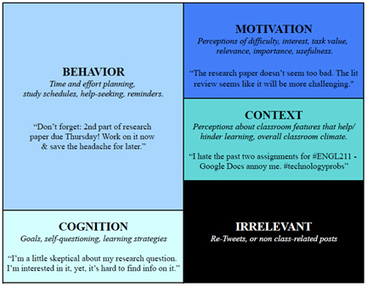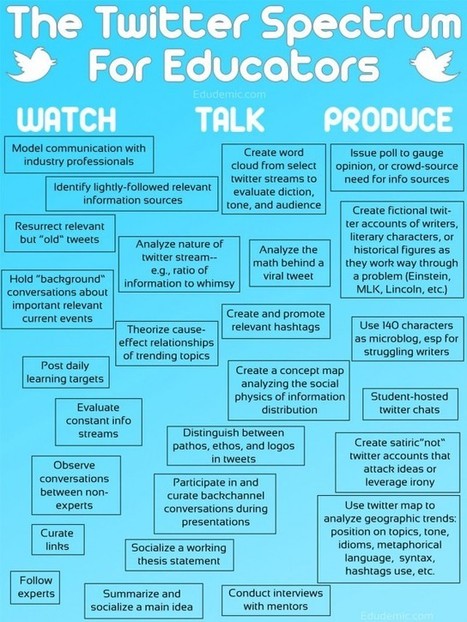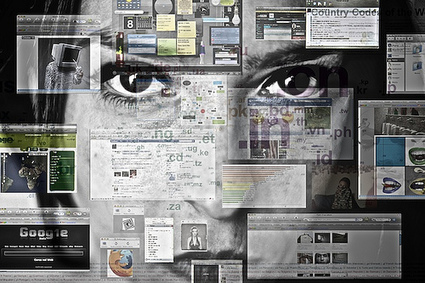Excerpted from this article by Brian Solis:
"Information overload isn’t a new phenomenon by any means. The sensation of being overwhelmed by information has been linked to every media revolution. With every new innovation and the mass adoption of disruptive technology, the volume of information available to us grows exponentially.
With media now so pervasive and portable, information, of any focus, is available, on demand, and more importantly, resides in our hands to create and consume at will. We are, for better or for worse, always on. And this is both part of the problem and part of the solution for how we evolve as individuals and as an information society.
Social media has gifted us a new democracy. And with it, the ability to connect to people around the world and create, share, and devour knowledge, entrainment, and irrelevant information at will. It’s as intimidating as it is beautiful.
There is a very real human cost of social connectivity. But, the symptoms of information overload are only a reflection of our inability or lack of desire to bring order to our chaos. See, we are the engineers of the media levees that prevent overflow.
The challenge lies not in the realization that we are empowered to curate our social streams and relationships, but in the consciousness of what is and what could be. Meaning, that we must first understand that how we’re connecting, consuming, and creating today is either part of the problem or part of the solution. We, and only we, are in control of information overload and everything begins with acceptance.
Information overload is a real phenomenon, but it is I believe, by design. It either works for us or against us and it is our choice as to which way the stream flows. To be clear, information overload is a symptom of over consumption and the inability to refine online experiences based on interest and importance.
Access to information and people is intoxicating. Creating an online portrait of who we are or who we want others to see is equality alluring. But without direction, governance, and discipline, we are at risk of giving ourselves to the very networks we value rather than managing the platforms to our advantage.
Our participation must be inspired by purpose and parameters. No, we are not obligated to connect with everyone who connects with us. We are obligated to maintain balance in who we are, what we value, and equally the value we invest in the communities in which we participate.
As Clay Shirky once observed, “There’s no such thing as information overload — only filter failure.”
My take? “Information overload is a symptom of our desire to not focus on what’s important.” It’s a choice.
Perhaps said another way, information overload is a symptom of our inability to focus on what’s truly important or relevant to who we are as individuals, professionals, and as human beings..."
Read full interesting article here:
http://www.briansolis.com/2012/05/the-fallacy-of-information-overload/
Via
Giuseppe Mauriello,
k3hamilton,
Gust MEES



 Your new post is loading...
Your new post is loading...














Gust MEES: use this free service and find out of your installed Apps are "privacy-friendly" or check new Apps before installing them! Privacy matters!